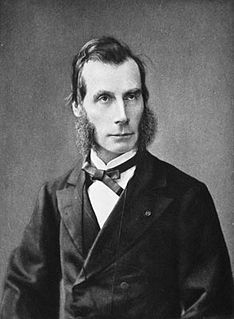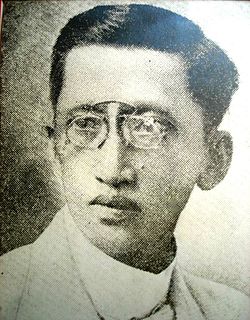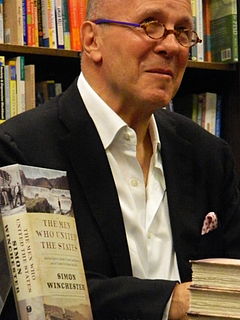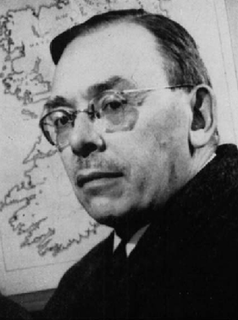A Quote by Numa Denis Fustel de Coulanges
History is not the accumulation of events of every kind which happened in the past. It is the science of human societies.
Related Quotes
Today’s events are tomorrow’s history, yet events seen by the naked eye lack the depth and breadth of human struggles, triumphs and suffering. Writing history is writing the soul of the past… so that the present generation may learn from past mistakes, be inspired by their ancestor’s sacrifices, and take responsibility for the future.
When every fact, every present or past phenomenon of that universe, every phase of present or past life therein, has been examined, classified, and co-ordinated with the rest, then the mission of science will be completed. What is this but saying that the task of science can never end till man ceases to be, till history is no longer made, and development itself ceases?
The history of science, like the history of all human ideas, is a history of irresponsible dreams, of obstinacy, and of error. But science is one of the very few human activities-perhaps the only one-in which errors are systematically criticized and fairly often, in time, corrected. This is why we can say that, in science, we often learn from our mistakes, and why we can speak clearly and sensibly about making progress there. In most other fields of human endeavour there is change, but rarely progress ... And in most fields we do not even know how to evaluate change.
Not all that is presented to us as history has really happened; and what really happened did not actually happen the way it is presented to us; moreover, what really happened is only a small part of all that happened. Everything in history remains uncertain, the largest events as well as the smallest occurrence.
Now we're living in a nuclear age, and the science that was supposed to be automatically for human welfare has become a nuclear - a science that gives us nuclear weapons. This is the ironic character of human history, and of human existence, which I can only explain, if I say so, in Biblical terms. Now I don't mean by this reason that I will accept every interpretation of Christianity that's derived from the Bible as many people wouldn't accept my interpretation. But that's what it means for me.

































